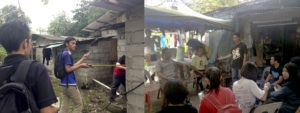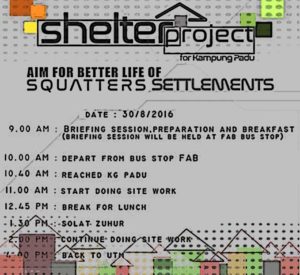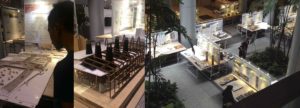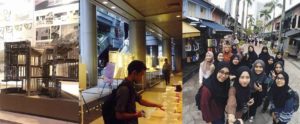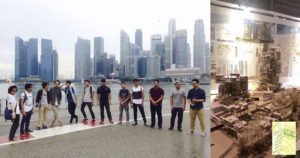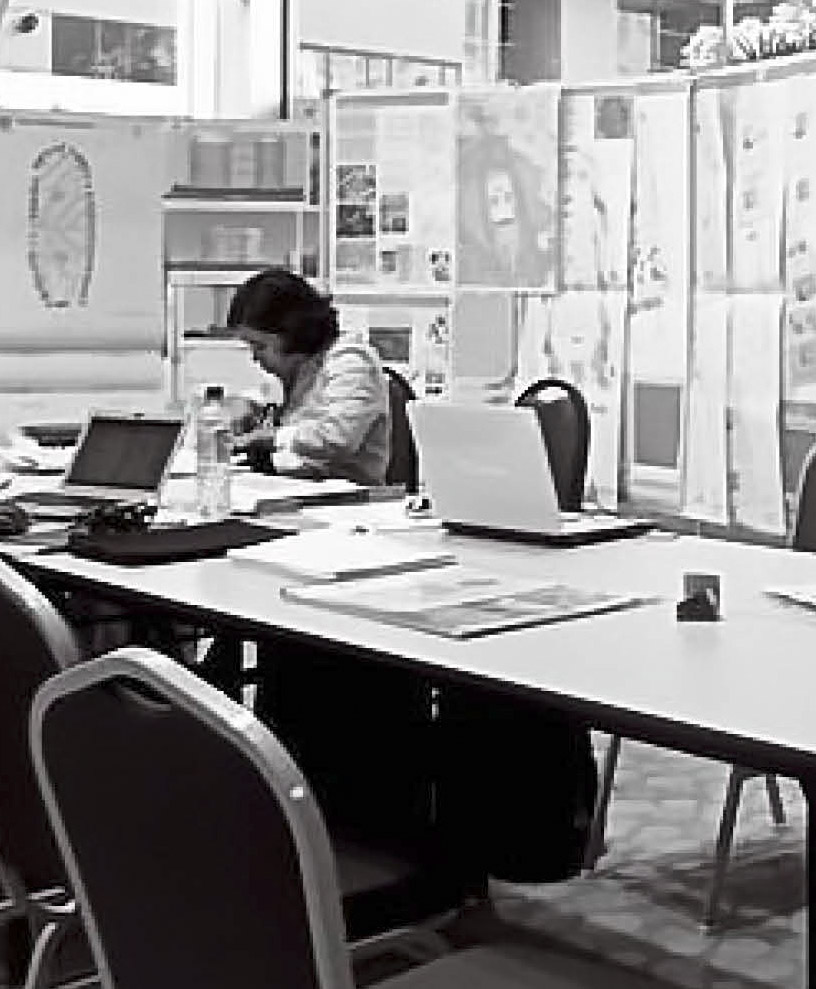Universiti Teknologi Malaysia, in collaboration with Northumbria University, UK has organized a public and research program in 3rd September 2016, As part of the activity for the research, both organizations are conducting a social service activity. Outreach itself is defined as an effort to bring services or information to people where they live or spend time and an organization’s involvement with or activity in the community, especially in the context of social welfare. The research aimed to develop a community-based eco-tourism program as socio-economy regeneration architectural scheme at Kg Padu Johor Bahru.
In this shelter project for Kampung Padu Johor Bahru, students and researchers are required to do some survey to Houses at Kampung Padu including knowing how and in what environment the Residence live in, how the society managed to establish a village initially and also measuring The perimeter and the layout of the house.
The theme for this social service is “experiencing cultural settlement in the body of the city”. The social service aims to showcase the very best of the architectural solution to develop the slump area becoming a livable cultural settlement for tourism product. The first of all the objectives of this project is identifying the uniqueness of relation between people and its environment. Secondly, this project is needed in developing laboratory site for low-income population housing models. Finally, the project’s objective is to formalize the area for cultural program host by a residence incorporated with the experienced youth club.
